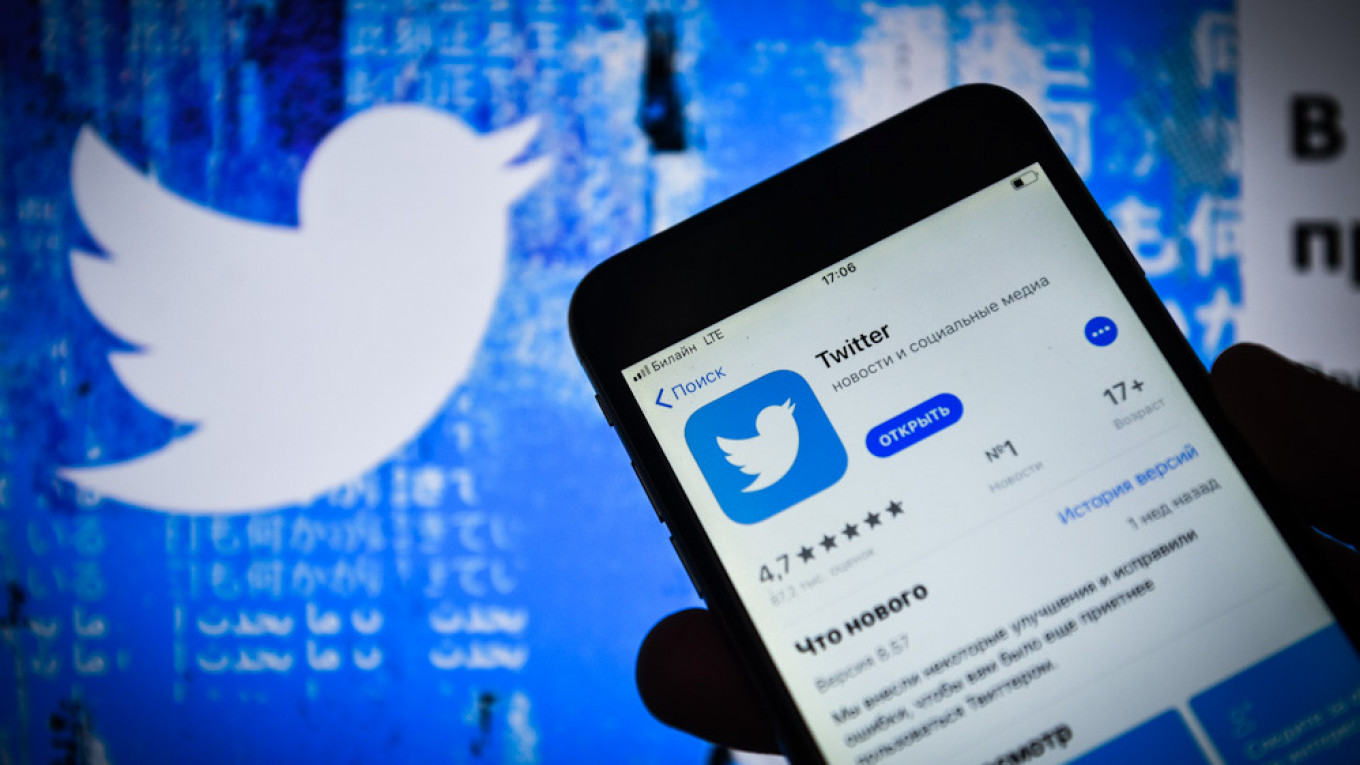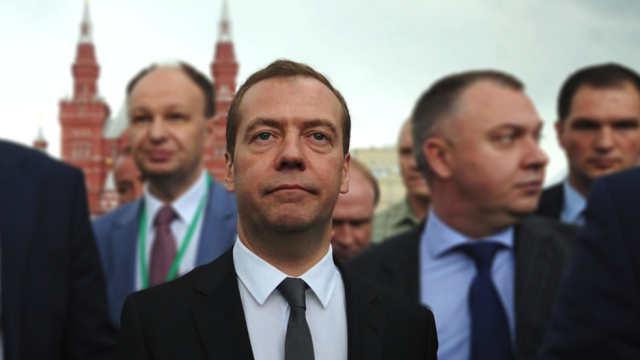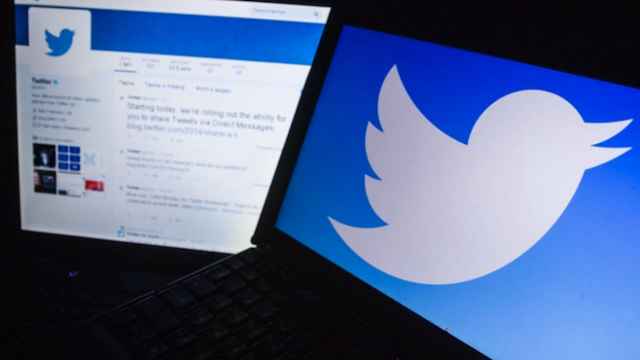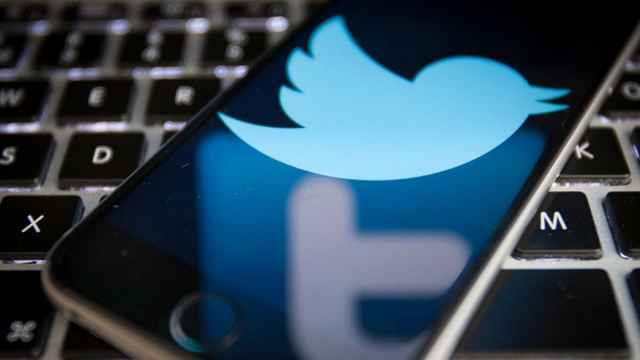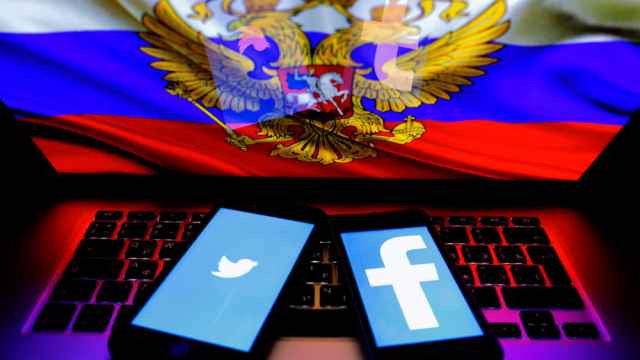Russia said Monday it was extending a deadline for Twitter to remove illegal content by a month to mid-May, after the social media giant started cooperating when Russia slowed down its operations.
State telecommunications watchdog Roskomnadzor imposed slowdowns on Twitter's services in mid-March, accusing it of failing to remove content related to child pornography, drug use and calls for minors to commit suicide.
The watchdog gave Twitter a month to remove the content or face a complete blockage in Russia.
The move raised concerns among Kremlin critics who fear the clampdown on Twitter and other social media is aimed at silencing opposition voices.
Roskomnadzor said in a statement on Monday that after the slowdown Twitter had deleted nearly 2,000 posts containing illegal content and was moving more quickly to take content down.
It said the slowdown measures would remain in place until May 15 but that a decision had been taken not to completely block Twitter because the U.S. company had "for the first time" changed the way its content moderation service worked in Russia.
The statement said Roskomnadzor officials had spoken by videolink with Sinead McSweeney, Twitter's vice president of public policy for the Europe, Middle East and Africa region.
"Roskomnadzor will continue to cooperate with Twitter management until the social network completely deletes all banned information in the quickest possible manner," the statement said.
After the slowdown began last month, Twitter denounced Russia's attempts to "block and throttle online public conversation."
The media giant said at the time it had a "zero tolerance" policy regarding "child sexual exploitation" and did not promote suicide and self-harm.
Russia has in recent months stepped up efforts to impose more control on online platforms including Facebook, Twitter and YouTube, with President Vladimir Putin saying large tech companies have become so influential that they are "competing" with sovereign states.
Putin's opponents say the efforts aim to stifle dissent, including by blocking efforts to organise protests in support of jailed opposition politician Alexei Navalny.
A Message from The Moscow Times:
Dear readers,
We are facing unprecedented challenges. Russia's Prosecutor General's Office has designated The Moscow Times as an "undesirable" organization, criminalizing our work and putting our staff at risk of prosecution. This follows our earlier unjust labeling as a "foreign agent."
These actions are direct attempts to silence independent journalism in Russia. The authorities claim our work "discredits the decisions of the Russian leadership." We see things differently: we strive to provide accurate, unbiased reporting on Russia.
We, the journalists of The Moscow Times, refuse to be silenced. But to continue our work, we need your help.
Your support, no matter how small, makes a world of difference. If you can, please support us monthly starting from just $2. It's quick to set up, and every contribution makes a significant impact.
By supporting The Moscow Times, you're defending open, independent journalism in the face of repression. Thank you for standing with us.
Remind me later.


